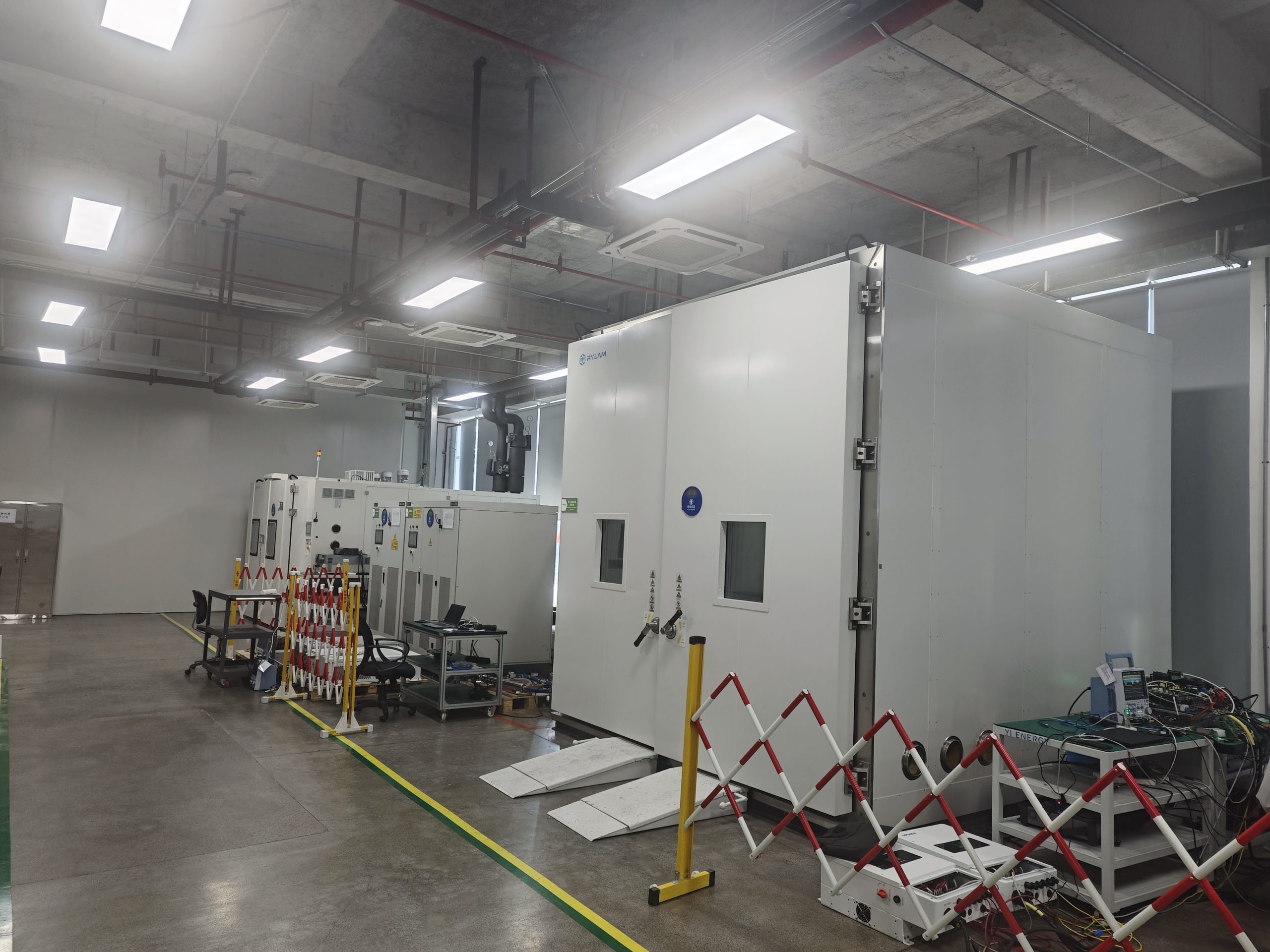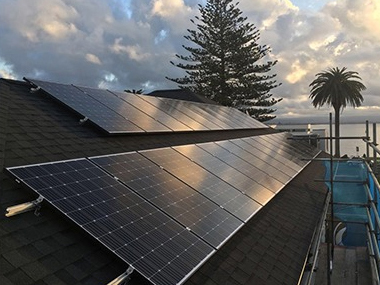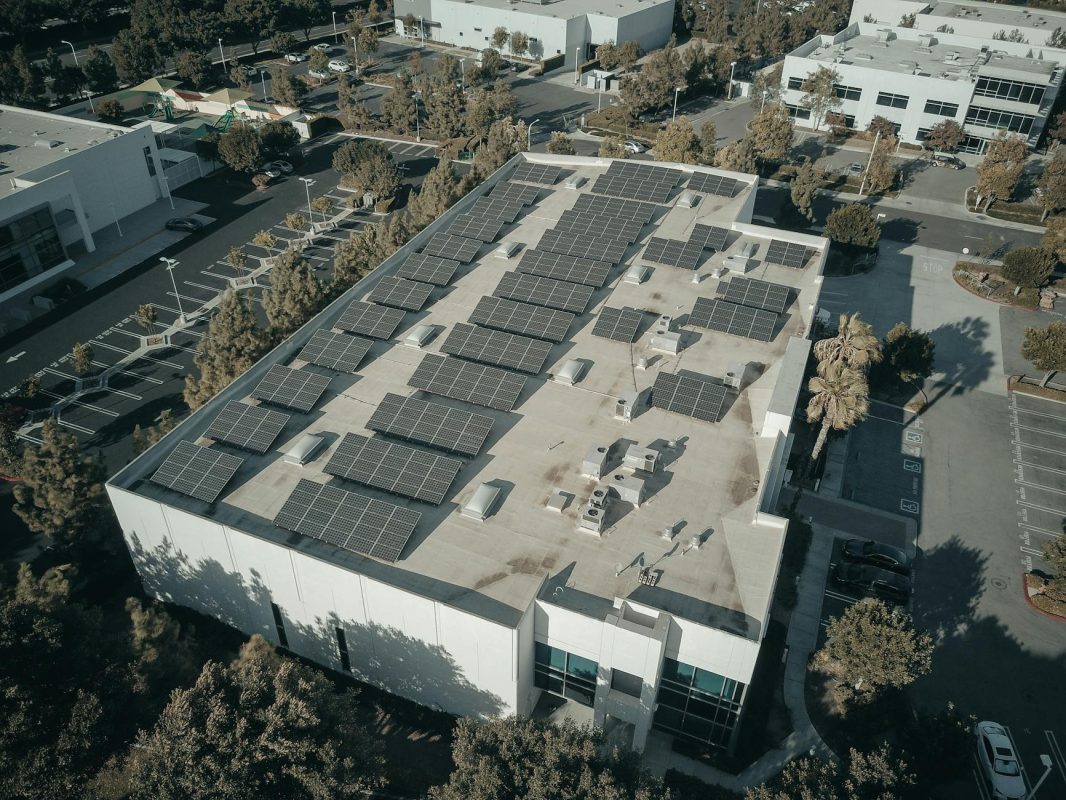Market Information
Pakistan’s Solar Boom: Opportunities and Challenges for Battery Energy Storage Systems (BESS)
Introduction
Pakistan’s solar energy market is experiencing explosive growth, transforming into one of the fastest-growing solar hubs in South Asia. With record-high installations, supportive policies, and growing demand for energy independence, the country has become a key emerging player in the global solar market. For energy storage solution providers, this trend presents both opportunities and challenges.
1. Solar Installations and Market Growth
-
Cumulative Capacity: By the end of 2024, Pakistan’s solar capacity exceeded 17 GW, including grid-connected and off-grid projects. Official grid-connected capacity stood at 4.1 GW, but actual numbers may surpass 23 GW when rooftop and off-grid systems are included.
-
Annual Additions: In 2024, Pakistan added around 17 GW of new capacity (IEA data). In the first half of 2025 alone, imports reached 5.2 GW of solar modules, indicating another year of strong growth.
-
Regional Hotspots: Sindh, Punjab, and Balochistan lead solar deployment thanks to high solar irradiation levels (4.5–6.5 kWh/m²/day).
2. Key Growth Drivers
-
Economics: Solar generation costs have dropped to USD 0.04–0.06/kWh, far below grid electricity rates (USD 0.10–0.17/kWh), making solar highly attractive to commercial and industrial users.
-
Policy Support:
-
Net metering allows users to sell surplus electricity back to the grid (though tariff cuts from PKR 27/kWh to PKR 10/kWh in 2025 are under debate).
-
Provincial governments provide subsidies (e.g., free modules for low-income households in Punjab).
-
Import duty exemptions favor affordable Chinese solar modules.
-
-
Energy Security: Frequent power outages (372 per year on average) and high dependence on fossil fuel imports (45% of energy mix) make distributed solar and storage highly valuable.
3. Market Characteristics
-
Import Dependence: Pakistan imported 16 GW of solar modules from China in 2024 (3rd largest globally), plus 5.2 GW in H1 2025. Local manufacturing capacity remains weak.
-
Distributed Solar Dominance: Rooftop PV accounts for 70% of new installations, with rapid adoption in industrial, commercial, and agricultural sectors (e.g., solar water pumps).
-
Energy Storage Role: While Battery Energy Storage Systems (BESS) are still costly (USD 230–360/kWh), pairing PV with storage shortens payback to 2–4 years, driving rising interest.
4. Challenges
-
Grid Bottlenecks: Aging infrastructure cannot handle high renewable penetration, leading to curtailment and voltage instability.
-
Policy Uncertainty: Frequent changes to net metering and proposed 18% sales tax create investor hesitation.
-
Financial Pressure: Utilities face revenue losses as more consumers adopt solar, prompting tariff adjustments to recover fixed costs.
5. Future Outlook
-
National Targets: Pakistan’s IGCEP 2047 aims for 26.9 GW of solar by 2030 (20% of electricity mix) and 57 GW by 2047.
-
Innovative Applications: Agrivoltaics could cut evaporation losses by 20–30% while enabling dual land use.
-
International Collaboration: China–Pakistan cooperation under the CPEC framework continues to support utility-scale solar + storage projects, with Chinese modules accounting for 90% of imports.
6. Implications for Battery Energy Storage Systems (BESS)
-
With rapid rooftop solar adoption, residential and C&I users need reliable backup power to overcome grid instability.
-
Storage enhances solar ROI by enabling self-consumption and reducing reliance on unstable net metering policies.
-
Utility-scale projects will increasingly require storage to stabilize the grid and manage peak demand.
-
For companies specializing in lithium battery and BESS solutions, Pakistan represents a growing market for both distributed and grid-level storage systems.
Conclusion
Pakistan’s solar industry is growing at an unprecedented pace, fueled by high electricity prices, favorable policies, and affordable Chinese modules. However, long-term sustainability depends on grid modernization, policy stability, and local value chain development. For the battery energy storage sector, this creates a clear opportunity: by providing reliable, cost-effective storage solutions, companies can play a critical role in Pakistan’s clean energy transformation.







